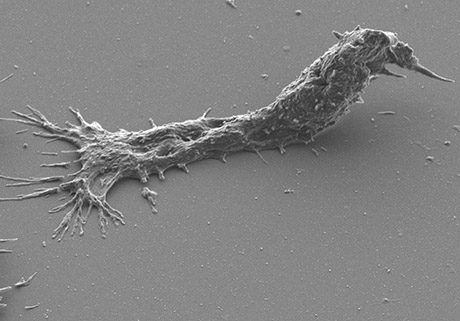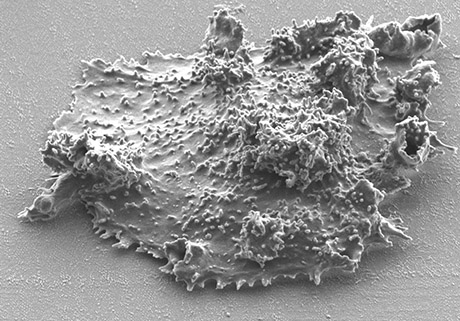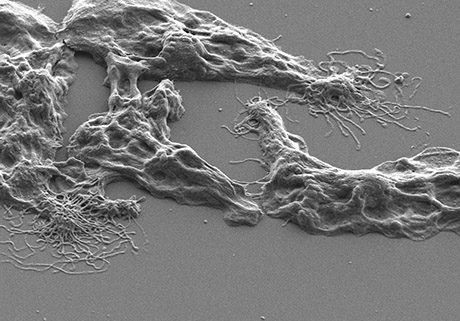
Research
We are very interested in elucidating the mechanism of action of select inhibitors, understanding essential biochemical pathways critical for the organisms to grow and develop, and the development of rapid and easy to use diagnostics for future amoeba patients. Using such targets, we can build better and targeted therapeutics which should be selective to the amoeba and reduce unfortunate host toxicity.
We are discovering and developing novel chemotherapeutic drugs for amoebic diseases through medicinal chemistry, natural product chemistry, and drug repurposing collaborations.
The Rice Research Group has a broad interest in orphan/rare infectious diseases caused by pathogenic free-living amoebae (pFLA; Acanthamoeba species, Balamuthia mandrillaris, and Naegleria fowleri). All of these pathogens can cause diverse central nervous system (CNS) diseases, Granulomatous Acanthamoeba encephalitis (GAE) , Balamuthia amoebic encephalitis (BAE) , and primary amoebic meningoencephalitis (PAM), respectively. These CNS diseases all have >93% fatality rates, which is alarming for any patients diagnosed or afflicted by such diseases.
Our lab has experience in discovery up to pre-clinical in vivo efficacy models, which we routinely run to identify the next partner therapeutics. We are always accepting new collaborations and partnerships within our discovery interest!




